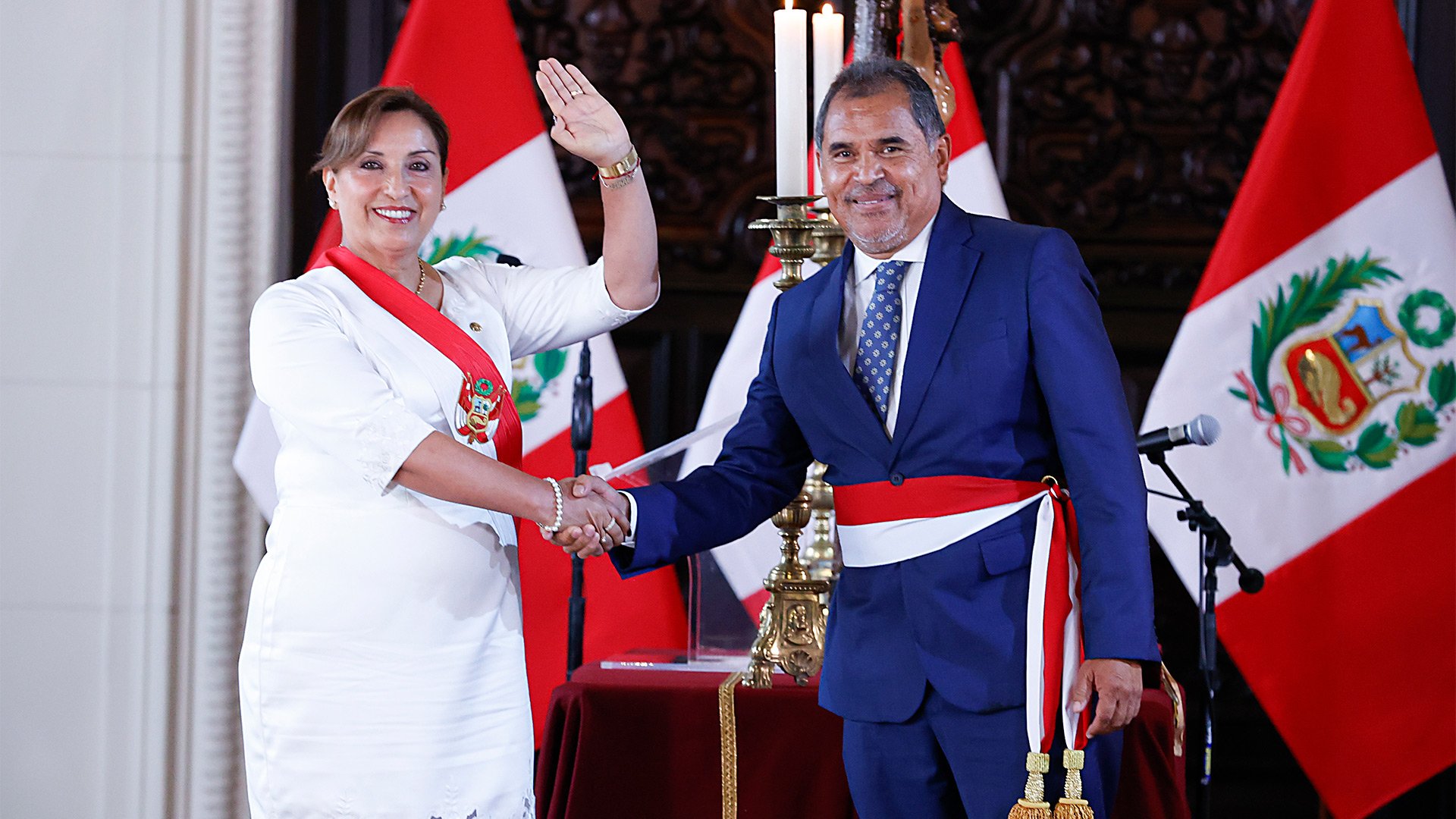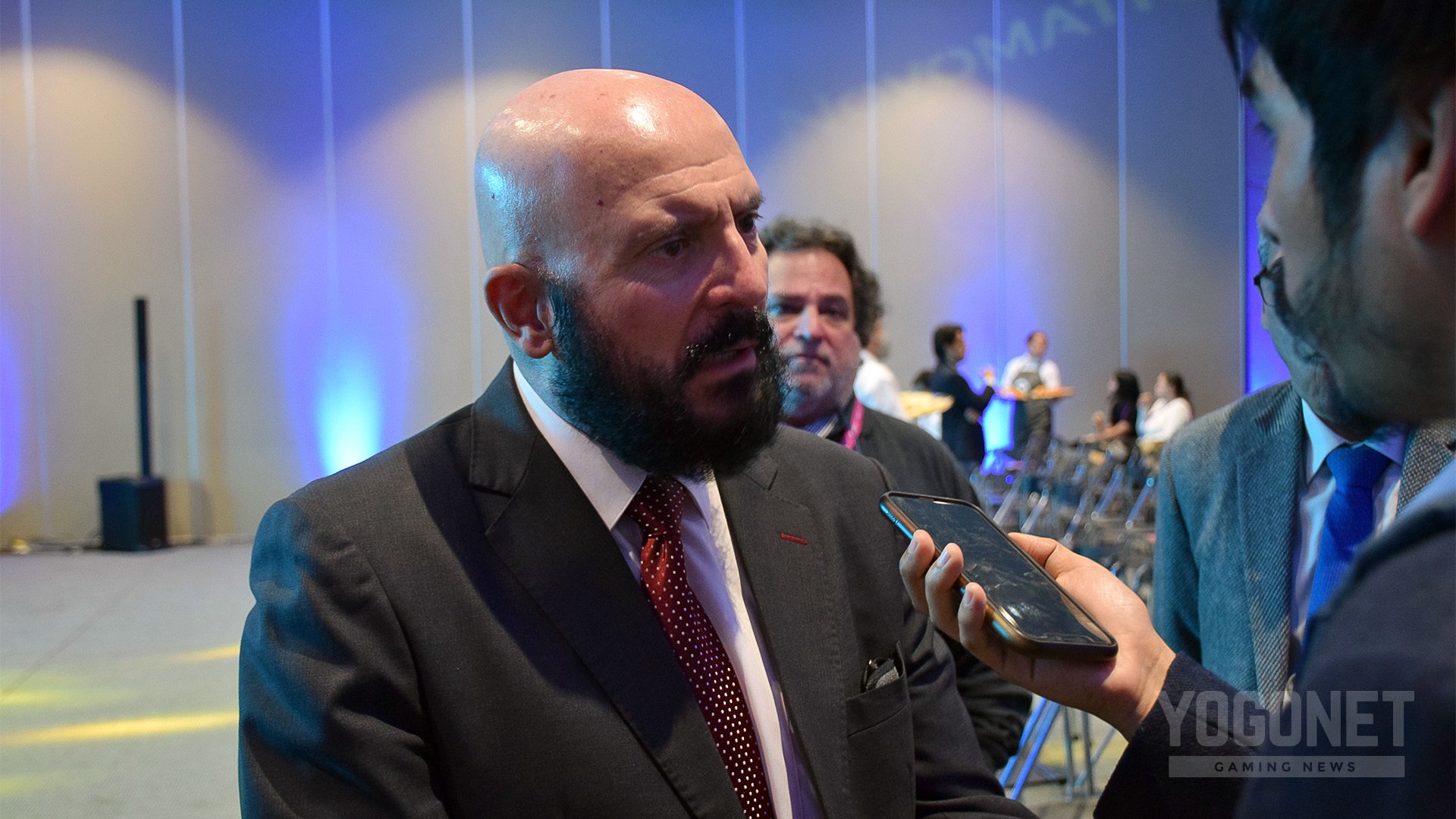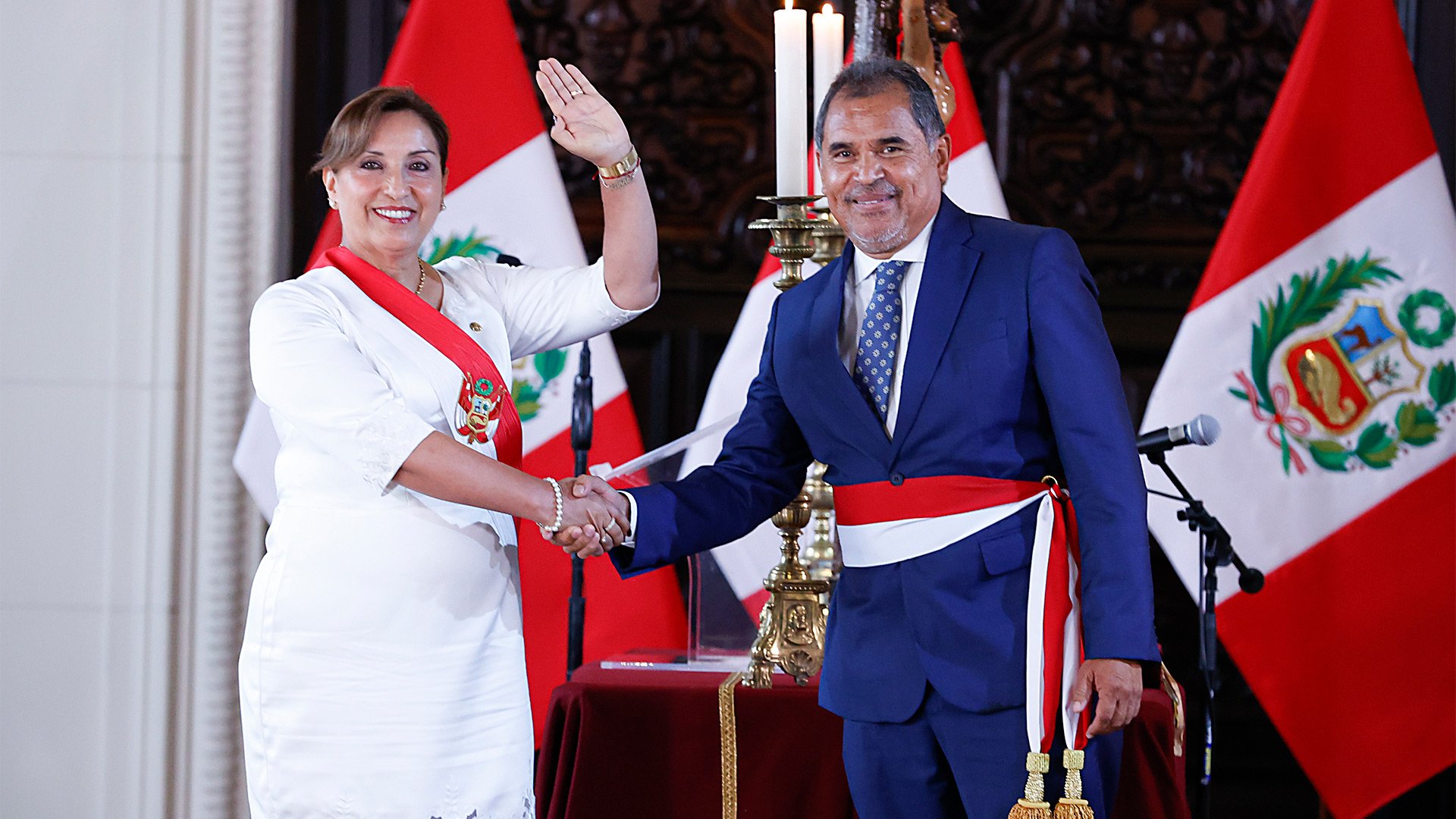A year after the approval of the law that established a regulatory framework for the operation of online games and sports betting in Peru, the Ministry of Foreign Trade and Tourism (Mincetur) is still waiting for the publication of the regulation that will define the enforcement of the law.
Said regulation will be a product of the referred Law 31.557 and, in addition, of the regulation that modifies it, Law 31.806. The latter was approved and published in June, after the Peruvian Vice Minister of Tourism, Madeleine Burns, confirmed to Yogonet that Mincetur had approved the text.
In the same interview, the Peruvian official explained that, after the enactment of the law, it was necessary to carry out “the regulatory impact analysis”, in order to “define which problems of the society are being solved by this law”, in order to finally issue a regulation.
It is worth mentioning that, within the framework of Peru Gaming Show 2023, the General Director of Casino Games and Slot Machines, Eduardo Sevilla, made a statement to Yogonet about said text and said that there would be “concrete and evident facts as of next July”.
Eduardo Sevilla, Peruvian gaming regulator
However, expectations are still high regarding the text that will define the parameters for the operation of the online sector in Peru.
Will there be a pre-publication?
Another aspect that generates uncertainty is the possibility that the Mincetur will pre-publish a version of the regulation, so that the actors involved, such as online betting and gambling operators, may present suggestions or contributions before it is made official.
In November 2022, the Ministry of Tourism carried out a public consultation on the draft regulation of Law 31.557, the results of which were published in May, and announced that 70% of the suggestions sent by the different stakeholders of the gaming sector were accepted.
It is from this experience that the Peruvian Sports Betting Association (Apadela) has stated that a new pre-publication of the regulation, which will now also incorporate Law 31.806, would be advisable.
“We hope that a pre-publication will be made, because the first draft had more than 700 observations and, after that, a modification to the law was approved”, the association’s Vice President, Gonzalo Perez, said in an interview with Yogonet.
Gonzalo Pérez, vicepresidente de Apadela
The Peruvian Association of Winemakers also requested the dissemination of a new draft regulation so that there would be more transparency with respect to the observations that were incorporated into the text.
Regulatory aspects
The first regulation, Law 31.557, was the one that established a direct tax applied to the Net Win of online operators of 12%. However, as reflected in a series of objections presented immediately after its approval, a text was needed to correct certain key aspects that unbalanced the treatment of operators.
Thus, Law 31.806, for example, was proposed as an alternative that places gambling houses, whether foreign or Peruvian, on the same level of taxation, thus ensuring a higher tax collection.
Likewise, the new regulation establishes the obligation that the operators’ platforms must use a domain with the extension “.bet.pe”, “.bet”, “.com”, “.pe” or “.com.pe”, obtained from a public or private entity or organization responsible for granting them.
Peruvian President Dina Boluarte and the head of Mincetur, Juan Carlos Mathews
Another change is linked to the cost of the online license, which will be tripled and will go from 200 UIT to 600 UIT (which at current values represents about $740,000). The text eliminates the need for a retail license, which means that betting agencies and points of sale do not pay the guarantee of 5 UIT (more than $6,000).
Additionally, it establishes that the registration of players is mandatory, so that the operation of anonymous bets will no longer be allowed, and the crime of illegal exploitation of sports betting games and online games will be incorporated into the Criminal Code, with a prison sentence of one to four years of imprisonment.
Finally, the law also imposes fines and a ban on operators who do not comply with the law and extends the time for its entry into force once the technical regulations have been approved from 60 to 120 days.



